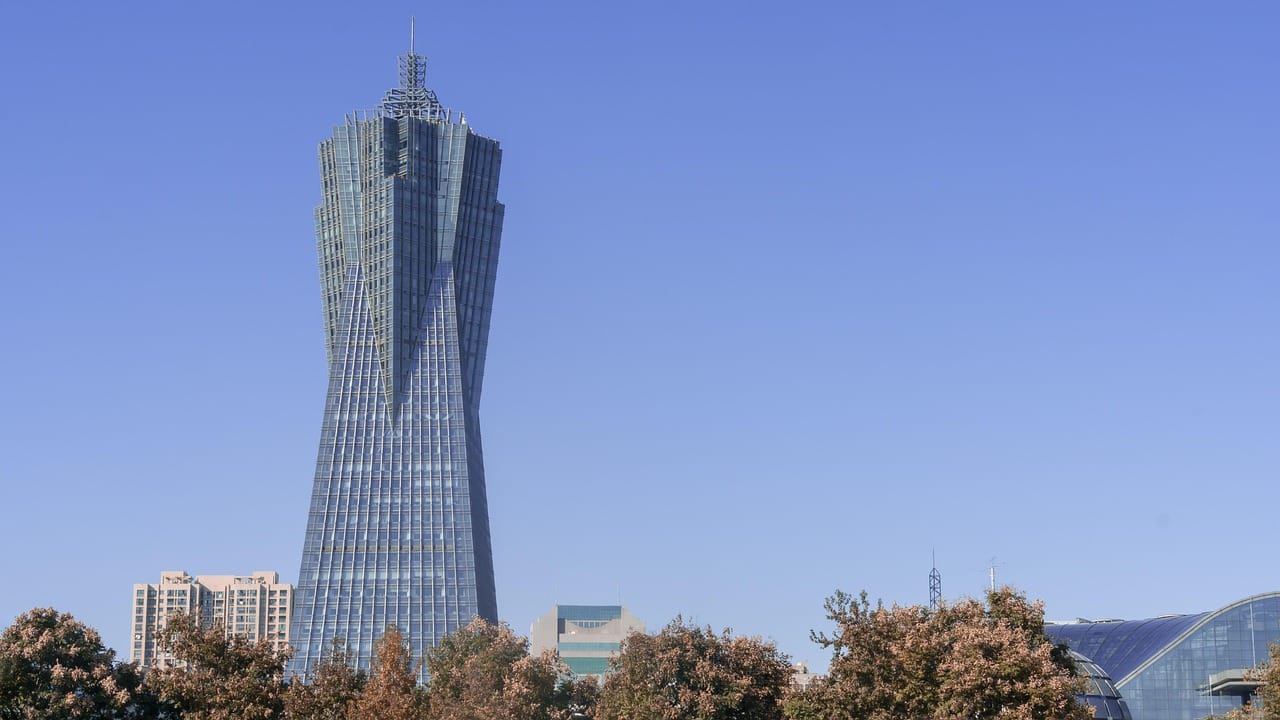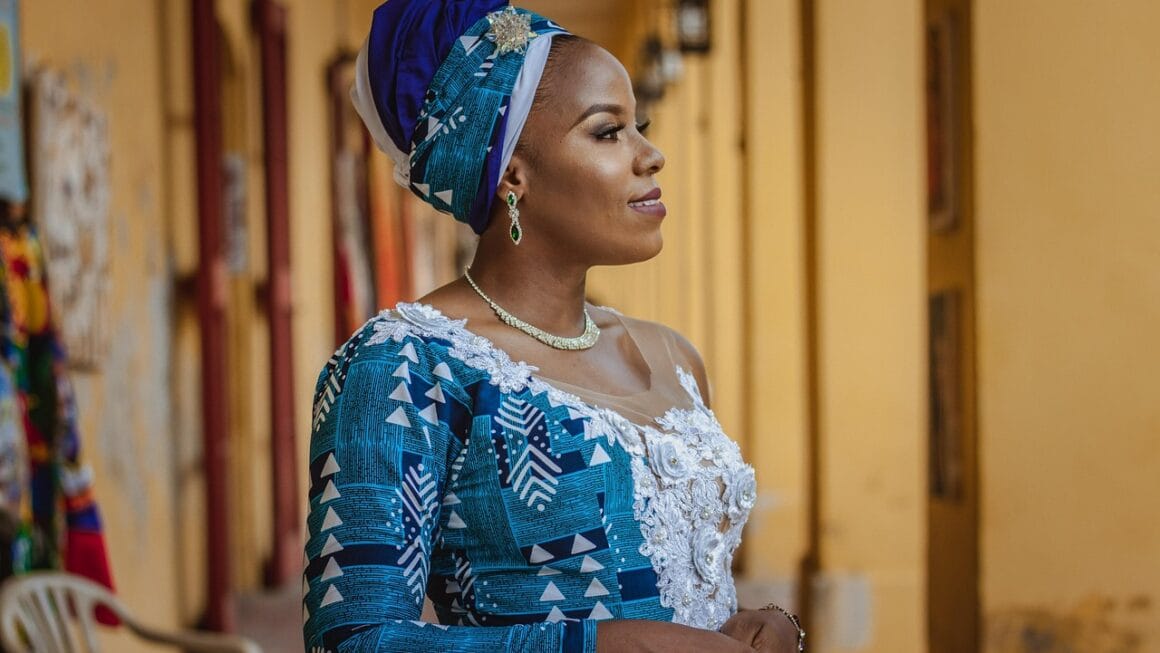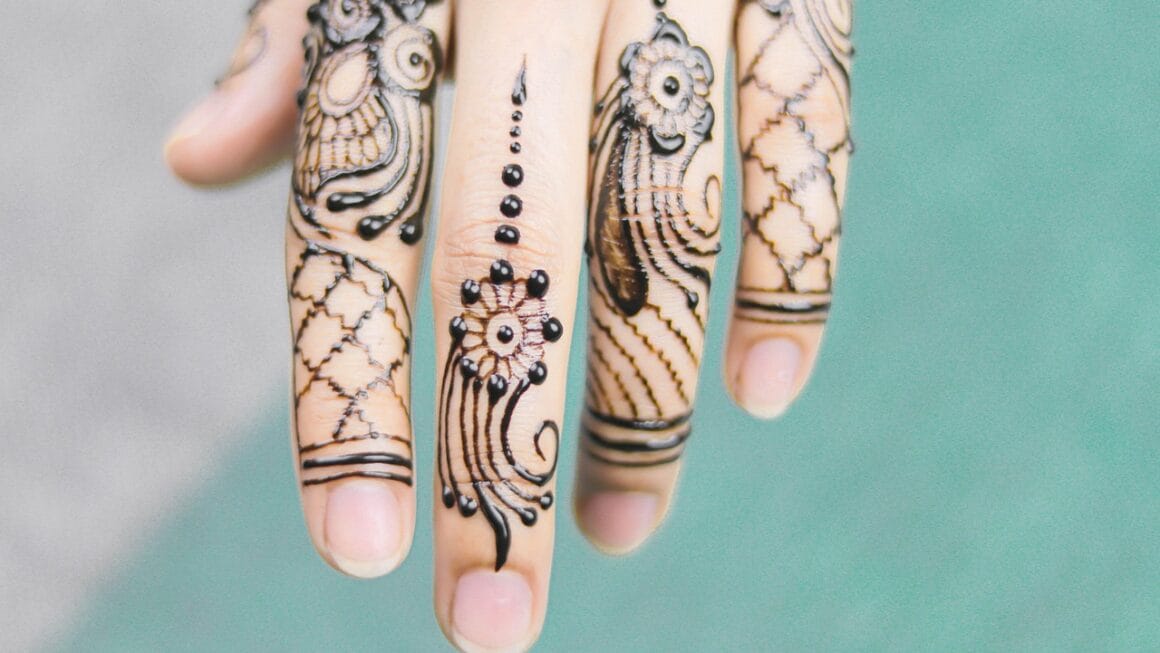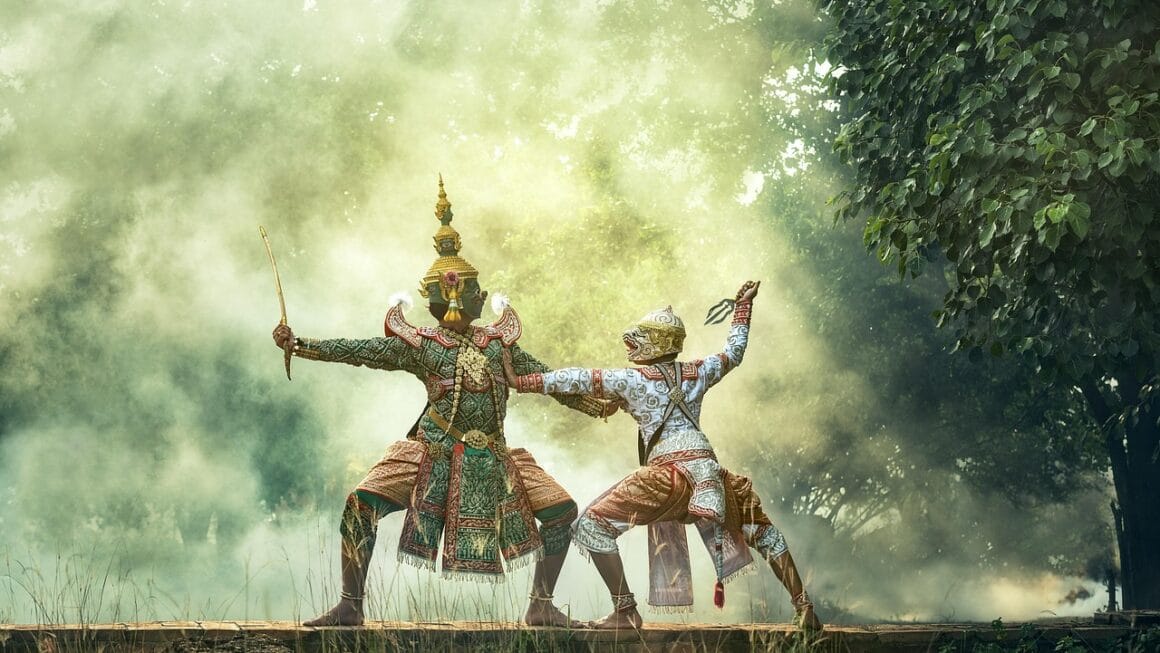Folk festivals, vibrant celebrations of tradition, community, and artistry, offer a unique window into the heart and soul of cultures around the world. More than just entertainment, these gatherings are powerful expressions of heritage, storytelling, music, dance, and craftsmanship. Whether you’re a seasoned folk enthusiast or a curious newcomer, exploring the world of folk festivals promises enriching experiences and lasting memories. Let’s delve into the multifaceted world of folk festivals and uncover their significance, diversity, and enduring appeal.
Understanding Folk Festivals
What Defines a Folk Festival?
A folk festival is a community-based event that celebrates traditional arts, crafts, music, dance, and storytelling. The emphasis is on preserving and showcasing cultural heritage, often passed down through generations. These festivals typically prioritize authenticity and participation, creating an immersive environment where attendees can connect with the traditions firsthand.
- Focus on Tradition: Showcasing practices and art forms rooted in a specific culture or region.
- Community Involvement: Often organized and run by community members, fostering a sense of shared identity.
- Emphasis on Authenticity: Prioritizing genuine expressions of cultural heritage over commercial interests.
- Intergenerational Knowledge: Creating platforms for older generations to pass down traditions to younger ones.
The History of Folk Festivals
The modern folk festival movement gained momentum in the mid-20th century, fueled by a desire to preserve and celebrate vanishing traditions in the face of industrialization and globalization. Early festivals often focused on showcasing rural music and crafts, providing a platform for marginalized communities to share their stories. The Newport Folk Festival, founded in 1959, stands as a prime example of a historically significant event that shaped the landscape of folk music and cultural preservation in the United States.
- Post-WWII focus on cultural heritage preservation.
- Emergence of influential events like the Newport Folk Festival.
- Growing awareness of the importance of diverse cultural expressions.
The Variety of Folk Traditions Celebrated
Musical Performances
Music is often the centerpiece of folk festivals, encompassing a wide range of genres, instruments, and vocal styles. From traditional ballads and work songs to instrumental tunes and contemporary interpretations, folk music reflects the diverse experiences and stories of different cultures.
- Bluegrass: A distinctly American genre characterized by its fast tempos, instrumental virtuosity, and high-pitched vocals. The Telluride Bluegrass Festival in Colorado is a well-known example.
- Celtic Music: Encompassing the musical traditions of Ireland, Scotland, Wales, and other Celtic regions. Festivals like Celtic Connections in Glasgow showcase the best of Celtic music.
- World Music: A broad category encompassing traditional music from around the globe, often incorporating contemporary influences.
Dance and Performance Arts
Folk festivals often feature traditional dances that reflect the cultural heritage of a community. These dances can range from energetic and celebratory to solemn and ritualistic, offering a glimpse into the values and beliefs of the people who perform them. Storytelling is another key element, with oral traditions passed down through generations.
- Irish Step Dance: Known for its intricate footwork and vibrant costumes, often performed at Irish folk festivals.
- Scottish Highland Dancing: A traditional style of dance characterized by its athleticism and precision.
- Native American Powwows: Celebrations of indigenous culture that feature traditional dances, music, and regalia.
Crafts and Artisan Demonstrations
Folk festivals offer a unique opportunity to witness traditional crafts being made by skilled artisans. Demonstrations often include weaving, pottery, wood carving, blacksmithing, and other skills that have been passed down through generations. Attendees can often purchase handcrafted items directly from the artisans, supporting their craft and preserving cultural heritage.
- Pottery: Demonstrations of traditional pottery techniques, such as wheel throwing and hand-building.
- Weaving: Showcasing the art of creating textiles using looms and other traditional tools.
- Wood Carving: Demonstrations of wood carving techniques, often featuring intricate designs and patterns.
Benefits of Attending Folk Festivals
Cultural Immersion and Education
Attending a folk festival provides an immersive experience that allows you to learn about different cultures in a firsthand way. You can witness traditional performances, interact with artisans, and sample authentic cuisine, gaining a deeper understanding of the values, beliefs, and traditions of other communities.
- Direct Interaction: Opportunities to engage with performers, artisans, and community members.
- Hands-on Learning: Workshops and demonstrations that allow you to try traditional crafts and skills.
- Authentic Experiences: Immersive environments that transport you to another culture or time period.
Community Building and Social Connection
Folk festivals bring people together from diverse backgrounds, fostering a sense of community and shared appreciation for cultural heritage. These events provide opportunities to connect with others who share your interests, learn new skills, and celebrate the richness of human diversity.
- Shared Experiences: Creating lasting memories with friends and family.
- Networking Opportunities: Connecting with like-minded individuals and professionals in the folk arts community.
- Building Bridges: Fostering understanding and appreciation between different cultures.
Supporting Artists and Preserving Traditions
By attending and supporting folk festivals, you contribute to the preservation of traditional arts and crafts, ensuring that these skills and cultural practices continue to thrive for future generations. These events provide a platform for artists and artisans to showcase their work, earn a living, and pass on their knowledge to others.
- Economic Support: Providing income for artists and artisans.
- Encouraging Innovation: Inspiring artists to create new works based on traditional forms.
- Raising Awareness: Promoting the importance of cultural preservation.
Finding and Planning Your Folk Festival Experience
Researching Festivals
- Online Resources: Websites like Folk Alliance International, local tourism boards, and festival directories are great starting points for finding festivals.
- Word-of-Mouth: Ask friends, family, or members of your local folk music community for recommendations.
- Specialty Publications: Folk music magazines and journals often list upcoming festivals.
Planning Your Visit
- Book Accommodations: Secure lodging in advance, especially for popular festivals.
- Check the Schedule: Plan which performances, workshops, and demonstrations you want to attend.
- Pack Appropriately: Consider the weather and the activities you’ll be participating in. Bring comfortable shoes, sunscreen, and a hat.
Etiquette and Respect
- Be Respectful: Show respect for the performers, artisans, and the cultural traditions being celebrated.
- Ask Permission: Before taking photos or videos, ask for permission from the individuals involved.
- Support the Artists: Purchase handcrafted items and CDs to support the artists and artisans.
The Future of Folk Festivals
Adapting to Modern Audiences
Folk festivals are evolving to attract new audiences while remaining true to their core values. This includes incorporating contemporary music and art forms, using technology to enhance the festival experience, and engaging younger generations through educational programs.
- Incorporating Technology: Utilizing social media, mobile apps, and live streaming to reach wider audiences.
- Creating Interactive Experiences: Offering workshops, demonstrations, and hands-on activities.
- Focusing on Sustainability: Implementing environmentally friendly practices to reduce the festival’s impact on the environment.
The Importance of Preservation
The ongoing effort to preserve folk traditions is critical in a world where globalization and cultural homogenization threaten to erase unique cultural identities. Folk festivals play a vital role in safeguarding these traditions, promoting cultural understanding, and celebrating the diversity of human experience.
- Supporting Cultural Diversity: Preserving and celebrating the unique traditions of different communities.
- Promoting Intercultural Understanding: Fostering empathy and respect between people from different backgrounds.
- Ensuring Future Generations: Passing on cultural knowledge and skills to younger generations.
Conclusion
Folk festivals are more than just events; they are vital platforms for cultural preservation, community building, and artistic expression. By attending and supporting these celebrations, we contribute to the safeguarding of traditional arts, foster intercultural understanding, and enrich our own lives with the beauty and diversity of human experience. So, explore the world of folk festivals, immerse yourself in the vibrant traditions, and discover the enduring magic they offer. Whether you are drawn to the captivating music, the intricate crafts, or the powerful stories, folk festivals offer an unforgettable journey into the heart of culture.




